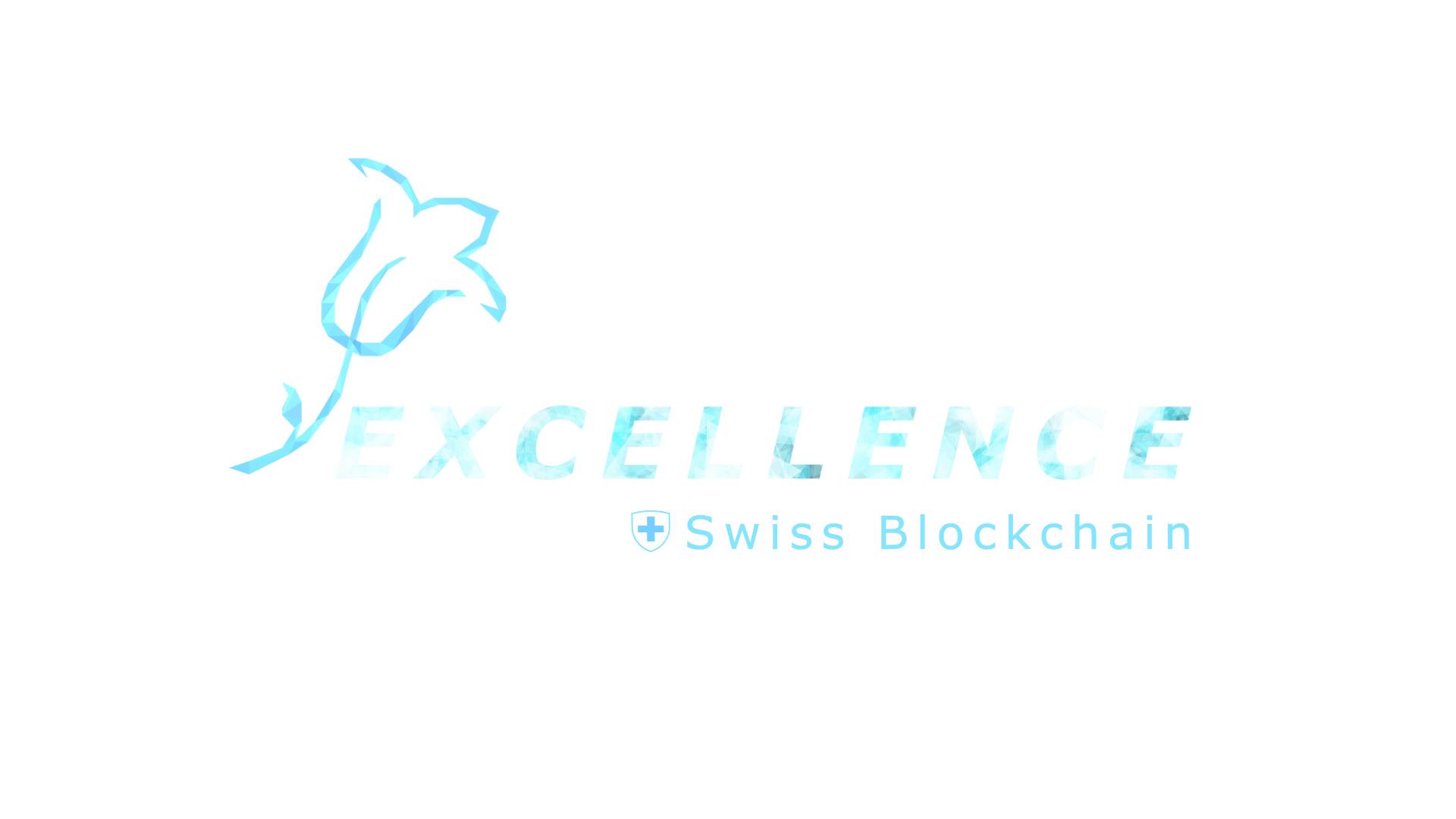Blockchain, also known as distributed ledger technology (DLT), is simply a database that exists across several locations or among multiple participants. Most companies use a centralized database that exists in a fixed location. However, a distributed ledger removes third parties from the process, which makes them quite attractive. Many problems arise from having a third party for settling the transactions, such as:
- Third parties charge for the services they provide;
- It takes time for the transactions to settle, e.g. for credit card transactions it takes 3-7 days for the completion of the transaction;
- Involves the full control of the third party on the transactions. They can invalidate any transaction at any moment to serve their purpose;
- The third-party can monitor all the transactions that are taking place between different parties;
- There is one central authority, so if it is hacked or compromised, then the whole system will collapse.
Distributed ledgers are exceedingly useful for financial transactions because they cut down on operational inefficiencies
(which ultimately saves money). They also provide greater security due to their decentralized nature, as well as the fact
that the ledgers are immutable.
Different types of DLTs have different implementation of ledgers. However, they are categorized as permissionless public
shared systems like Bitcoin, they can be permissioned public shared systems like Ripple, or they can be permissioned
private shared systems like Hyperledger.
Many industries have used the concept of the Distributed ledger, below are examples of those industries:
Finance:
The creators of Bitcoin developed it with the aim to remove central powers who control money. Hence, maximum work and research have been conducted on the financial benefits of the Distributed Ledger Technology; and, its major outcome is cryptocurrencies. Several cryptocurrencies are in circulation right now.
Using Cryptocurrencies has many advantages. Transactions are stored in a way that can’t be modified by anyone. It provides full privacy, and no one can trace the sender and receiver of the coin. Foreign exchange is fast, and the transaction fee is very low irrespective of the locations of the involved parties. Due to the removal of middlemen transaction speed between different nations is very high as well.
Insurance:
Distributed Ledger Technologies are also helpful in Insurance Industries. It will be easy to detect frauds as there will be a decentralized public ledger so it will be easy to verify customers, policy details as well as transactions. Also, insurance companies can easily detect duplicate claims. Since intermediaries are eliminated, it will be easy for the customer to submit claims, and it will be easy for the insurer to settle the claim. With the help of the Internet of Things (IoT) and DLT, everything can be automated. IoT will help to monitor the state of insured things continuously, and DLT will store it in an immutable fashion.
Voting:
Opposition parties in different countries regularly claim that the election result was tempered. Mainly two methods are used in voting, Electronic Voting Machine (EVM) and Ballot paper. Both these systems are not fully trustable. Another solution is online voting, but in the voting system, we need security, privacy and anonymity of voters and transparency in counting of votes which is not possible with the existing technology. All of these features can be provided by DLT, and this will make democracy stronger.
Energy:
DLTs can be useful in energy supply as well. As the main advantage of the DLT is the removal of middlemen so with DLT anyone can produce energy and sell it over the network. This brings competition between energy providers resulting in ease for the consumers to get energy from anyone without getting approval from intermediaries. Also, if energy production is more than the usage, then that extra energy can be saved in a storage facility with the help of smart contracts. Another advantage is that immutable networks will store every transaction, such as how much energy is transferred and consumed, the related contracts, and financial activities. Hence, it will be easy to audit and monitor the different activities, and the validation process of recording information on DLT will eliminate the risk of scams.
Healthcare:
DLTs can revolutionize everything in Healthcare. All the knowledge associated with a patient like his/her diseases, treatment, results from pathology etc. can be stored in one single system. So, the process of diagnosing a patient will become smooth. Another advantage of DLT is that healthcare providers will store all the patient information in a single distributed ledger. Hence, any hospital around the world can know his/her medical condition if the patient gives permission. With the help of IoT, real-time diagnosis can be monitored and stored in the ledger.
Supply chain:
Removal of intermediaries is helpful in the supply chain as well. Now a business does not need to appoint anyone for negotiating on behalf of them. Firms do not need to share confidential information with a third party. Every process will be transparent and efficient, and it is not necessary to wait for any approval. The parties can write all the deals in smart contracts which will automatically handle the rest of the flow. This means that everything will be clear beforehand saving both manpower hours and money to the organizations. It will also be very easy for the payment settlement and delivery of the service. The parties can easily detect frauds involved at any level making it difficult to cheat the system.
Music and media:
The main problem with the Music Industry or Film Industry is detecting copyright violation globally. This is because there is no single database to store such kind of media, and it’s also not possible because it is difficult to make one global central organization. However, this can be solved using distributed ledger as we don’t need a central authority, but we can store all copyrights in one database distributed across the network worldwide.
Property Registration and transfer:
Distributed ledgers can also be used for the registration of property, such as land, vehicles, houses. All the registration related to one property, for example, a car can be stored in one type of distributed ledger, and their owners can sell or buy that property by paying in the form of cryptocurrency and storing the new owner information in that entity’s ledger. So instead of depending on the way of payment, this method stores the property transfer information, and later it can be verified for any conflict.
Retail:
Distributed ledger technology is also helpful in Retail. As discussed above, it will improve the whole supply chain management, which will be beneficial in Retail as well. With the help of DLTs, we can store only that information about the customers which the customer wants. This will be useful for both the merchant and the customer. For the merchant, they ought not to pay a ton of cash for data analytics. For the customers, it will be useful as their privacy will be increased, and customers can track what is stored in the ledger to get the desired product advertisements and information about rewards or cash-backs. Distributed ledgers will also increase transparency because illegal activities or processes can be tracked through immutable ledgers.
Others:
Distributed ledger technology can be used for identification management like voter id card, passport management, certificate management. It can also be used to implement various government schemes which generally fails due to the presence of intermediaries and corrupt officials and politicians. Data from IoT devices and security from DLT can change the whole world making it a better place to live.



 3 min. read
3 min. read
